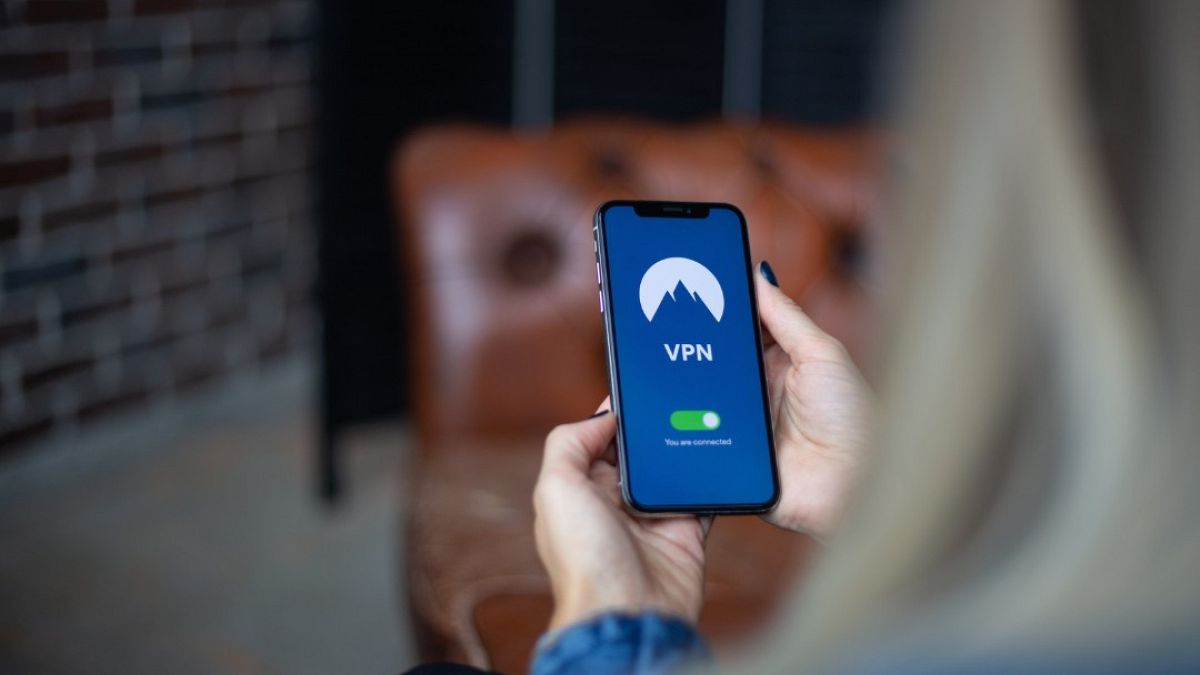Published on
People across the United Kingdom are turning to virtual private networks (VPNs) that block their locations to get around the country’s new online age verification rules.
Last week, new rules for age verification came into force through the UK’s Online Safety Act, which requires people to submit identification documents, age-estimating face scans, and financial documents such as credit card checks in order to access adult-only websites, such as pornography platforms.
Right after the act came into effect, VPN company Proton posted on the social media platform X that it had seen signups for its services soar by more than 1,400 per cent in the UK.
The company said that this surge in interest has been “sustained,” unlike other recent peaks, for example when people in France temporarily lost access to adult sites like Pornhub and RedTube last month due to changing legislation.
Data from Google Trends shows that searches for VPN companies such as Surfshark were up 300 per cent over the weekend throughout the UK – and in some geographical areas, have reached their peak popularity.
Searches for related topics, like “proposed UK internet age verification system” and “age verification system” were up 2,450 per cent and 1,950 per cent, respectively.
What is a VPN?
A VPN establishes an encrypted digital connection between the user’s computer or device with a remote server that’s owned by a provider.
When a user tries to access a website, the device’s Internet Services Provider (ISP) receives the request and redirects them to the site. Through a VPN, that request is redirected through a remote server before it connects the user to the site.
The connection “masks” a device’s unique Internet Protocol (IP) number, which includes information about the device’s location and browsing activity and could allow people to access websites that are blocked in their region.
People have other reasons for using VPNs beyond bypassing firewalls online.
VPN providers and tech companies say they also hide users’ data from being sold to third parties, and protect their data privacy online.

